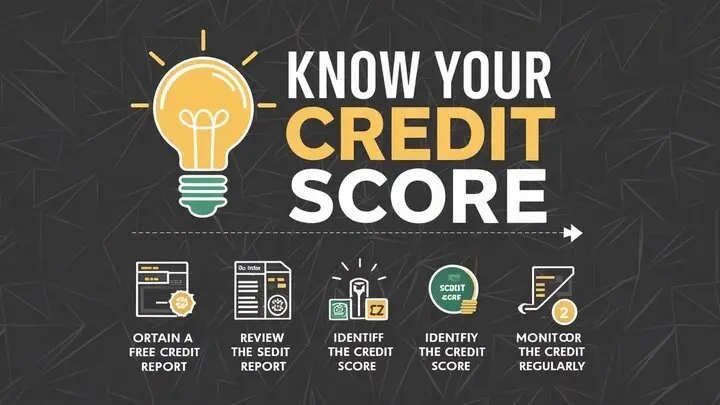-
Posted on: 28 Jun 2024

-
A credit score is one of the most important indicators of the financial health status of any individual. It allows them to estimate the likelihood of your credit repayment and how faithfully you have repaid other debts in the past. Knowing your credit score assists in assessing your credit rating in general. Here is a credit score guide that you should read if you want to monitor and learn about credit score range.
What do people mean when they talk of Credit Score?
A credit score is a three-digit number usually ranging from 300 to 850 that gives you an overall description of your credit report. It is determined based on the data reflected in the credit report and gives an overview of your credit history for a few years, which is enough for a lender to estimate the risks of extending credit to you.
FICO is the common credit score model in use that is used by most lenders. This model considers factors such as:
- Your payment history: Whether you paid previous credit accounts, in time. This is commonly channeled in a way that has the greatest effect on your score.
- Credit utilization: The balance of credit that the holder has at his or her disposal and the portion of the credit limit that is being utilized. To increase your score, it should be kept at a level lower than 30% of the total loan amount.
- Length of credit history: How long you’ve had credit accounts opened for, and if you have had any accounts that have gone into arrears. Mileage on credit is also good for the credit score.
- Types of credit used: What kind of credit you have in your usage history; credit cards, retail accounts, installment credit, mortgage.
- New credit inquiries: Every time you apply for credit, this will pull credit inquiries, which at times are detrimental to the score for some time.
Checking Your Credit Score
You can obtain your credit score from several sources, including:
1. Free Credit Report Sites
The FTC Act requires Equifax, Experian, and TransUnion, the three major credit bureaus, to supply consumers with one free credit report annually. To access your free annual reports, you can go directly to the agency or utilize the website AnnualCreditReport.com. Your reports do not have credit scores but reading them is beneficial to make sure your full report was pulled.
2. Credit Card Statements
Most credit card companies have been providing customers with free credit scores when they issue their monthly credit card statements. It is very often an education load score and not the same as the score used by the lenders but it does tell you where you are at.
3. Third-Party Websites
Some examples of such websites that offer Free Credit Scores include Credit Karma and Credit Sesame among others. They earn cash via credit offers that are suggested to the users. While these scores are free, they are often VantageScores not FICO scores, but are helpful nevertheless.
If you want your actual FICO score you would have to purchase it at MyFICO.com FICO There is a single score, which costs less, and a multiscoring service that allows access to all the FICO scores.
Understanding Credit Score Factors
As soon as this figure is in your hands, you need to realize what this number is and which credit history indicators affect it most significantly. Generally, scores fall into the following ranges:
800-850 = Exceptional
740-799 = Very Good
670-739 = Good
580-669 = Fair
Under 580 = PoorThe more points you have, the lower your interest rates and the general loan rates that you would be eligible for. A single differential can make the difference of thousands of dollars where a loan is concerned in the course of the life of the loan.
For you to learn your score, you can look into your credit reports and see where you can be losing points. Some of the things that can bring down the scores are; having debts in the credit report that have been reported as delinquent, having high credit utilization, having Several new credit accounts in the credit report, and having a short credit history.
Improving Your Credit Score
It is important to know that improving your credit score is not an instantaneous process but it is very possible if you are willing to put in the effort. Here are some tips:
- The largest factor is to make certain that all bills are paid on time. If it does, set up autopay for any accounts you seem to consistently forget to make payments for.
- This is especially so because credit card balances should be kept very low.
- Rein in fresh account origination.
- Check for any mistakes in your credit reports and if there are, be sure to contest them.
- Do not cut your credit cards which have been in use for the longest time.
- Include installment credit such as car loans and credit cards as part of the credit mix.Credit score information can be obtained from reliable sources like Experian, Equifax, or TransUnion approximately every six months to compare the scores over some time. Wait long enough and the stigma associated with responsible spending and saving will disappear.
Credit issues? We have the solution—call (888) 803-7889 for immediate help!








